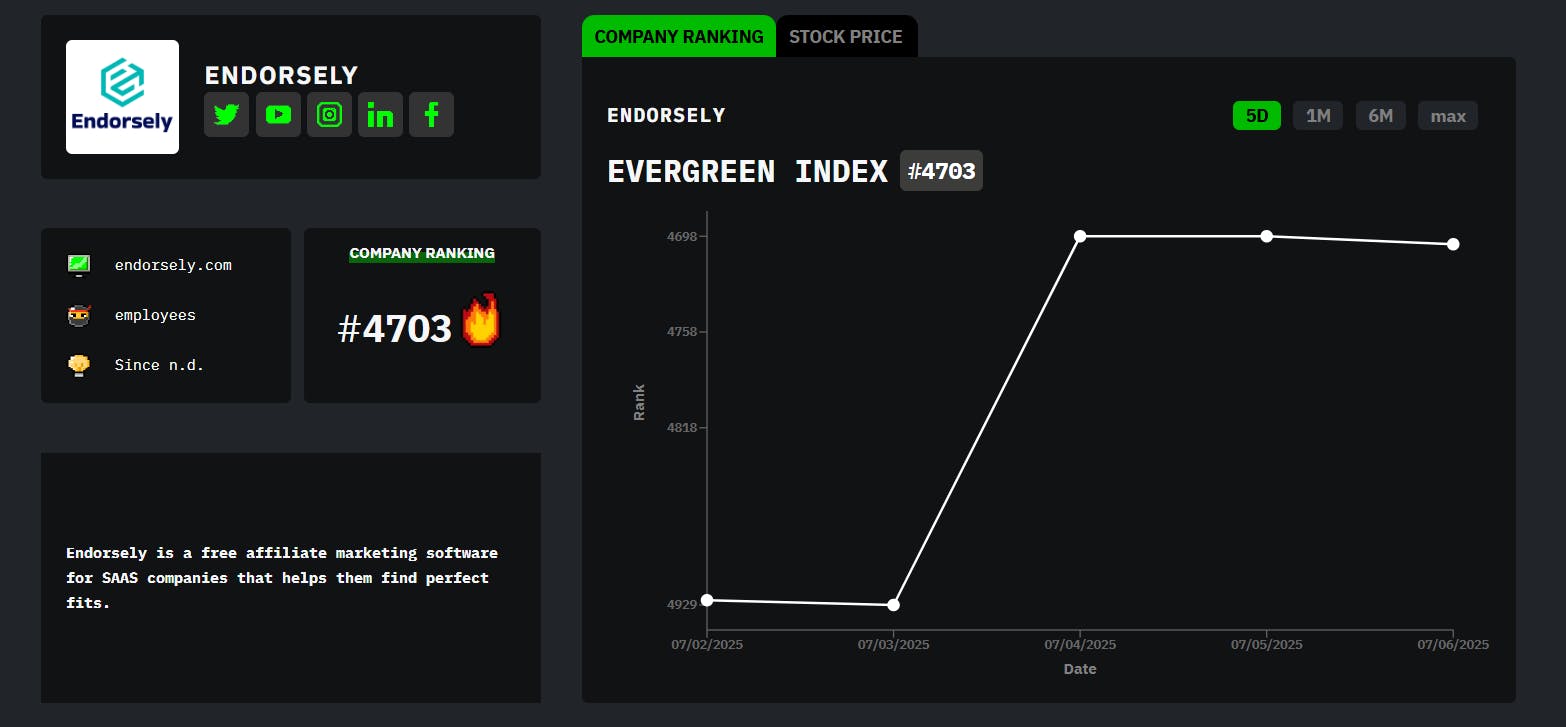When we reported that MTN Group, Africa’s largest homegrown telecom operator, was moving its Nigerian headquarters to Eko Atlantic City, the reactions had us rolling off the edge of our seats. Some sharp minds even theorised that MTN Nigeria was funding the move with cash from the telecom tariff hikes.
Yes, it cost an arm and a leg to build on Lagos’ futuristic city, but MTN Nigeria is likely not funding this from the tariff increase. If anything, it is through fundraising, share sales, revenue budgets, and commercial papers.
Case in point: MTN Group plans to sell 11% of its shareholding in its Nigerian subsidiary, MTN Nigeria. It currently holds 76% of shares in its Nigerian business and it will sell down to 65%.
The telecom company is yet to decide when it will begin the secondary sale of its business, whether the offers will be made public, or even how much a unit will cost. However, the company notes that it will consider selling after its Nigerian operations return to profitability.
And they’ll need that bounce-back. In 2024, MTN Nigeria bled ₦400 billion ($252 million), losing its crown as the group’s top cash cow. This isn’t their first sell-down, but it’s bigger than 2021’s retail investor offer which brought in ₦575 million ($362,000) and reduced MTN Group’s stake from 78.8% to 75.6% in the process.
MTN has made some interesting moves lately: relocating its Nigerian headquarters to Eko Atlantic, signing a deal to launch a Nollywood streaming platform, and developing a satellite-to-mobile project with Lynk Global to compete with Vodacom in South Africa.
With the sale, there are two things here: it will either use the extra cash to make its Nigerian business whole again, or we’ve grossly underestimated the length the telecom operator will go to launch that Nollywood streaming platform.









